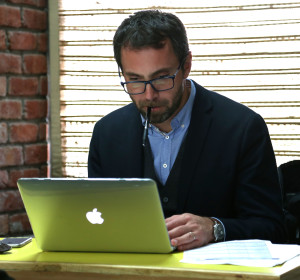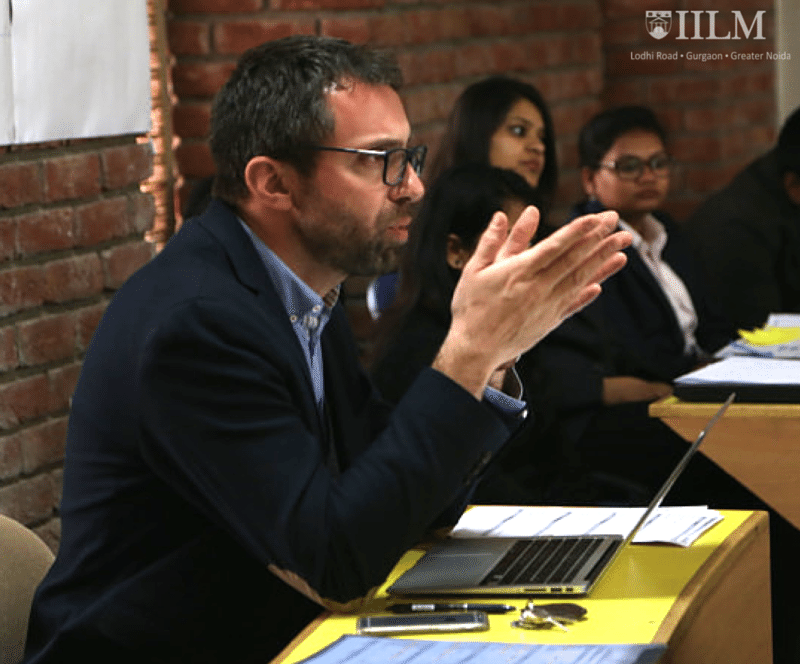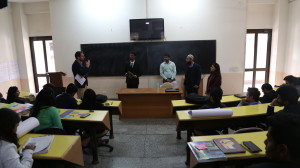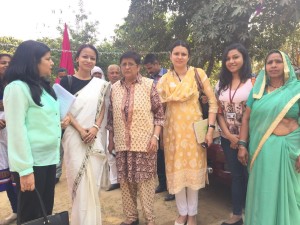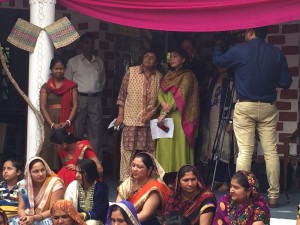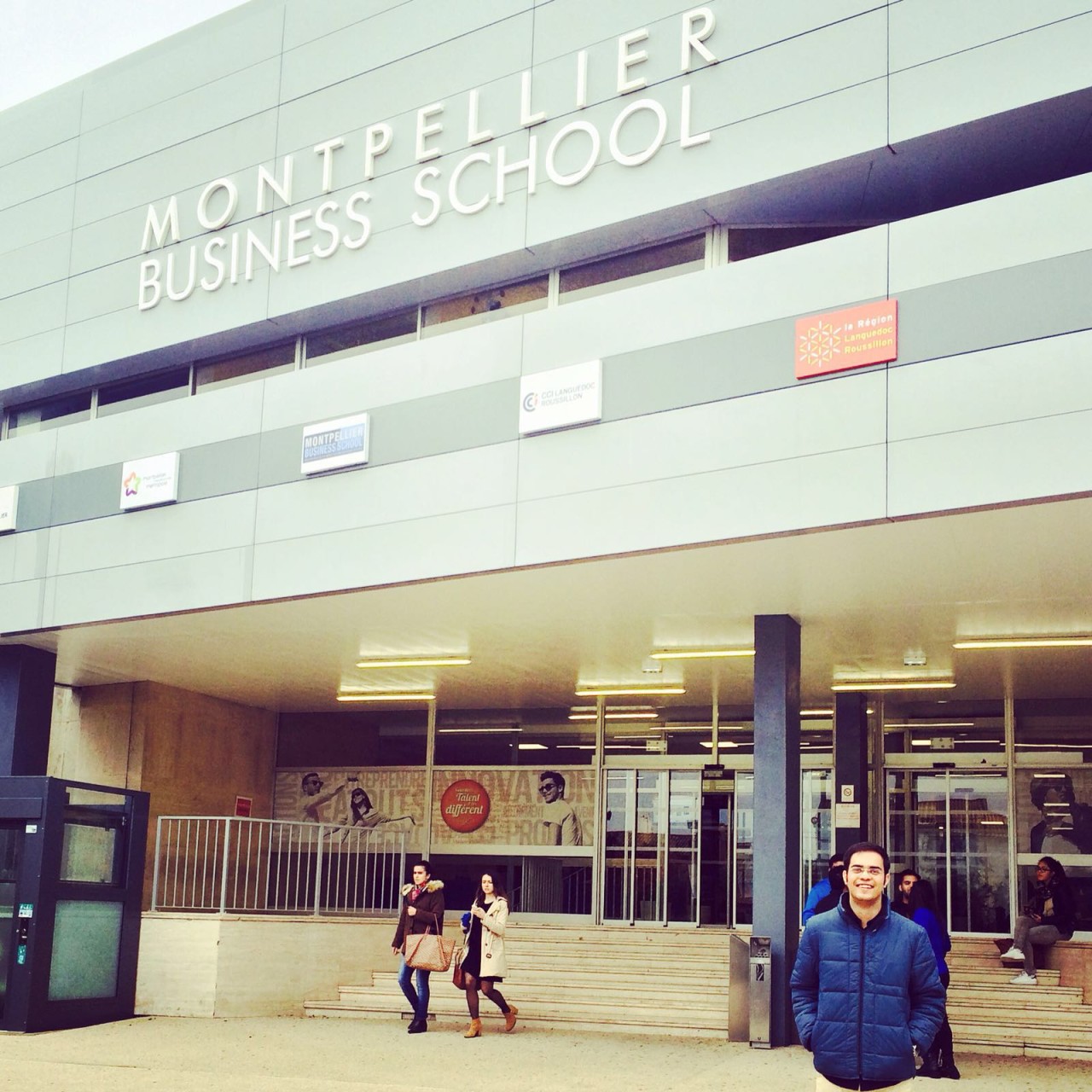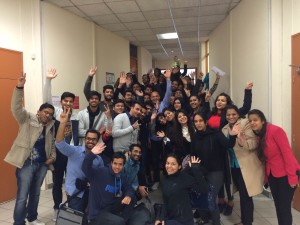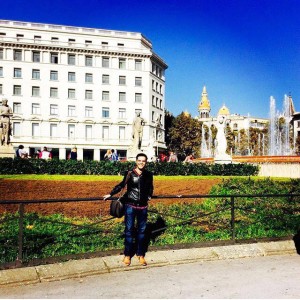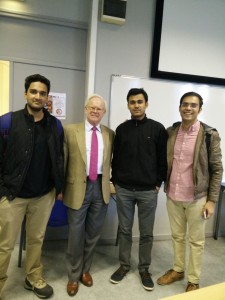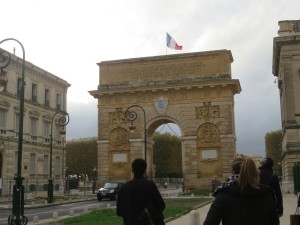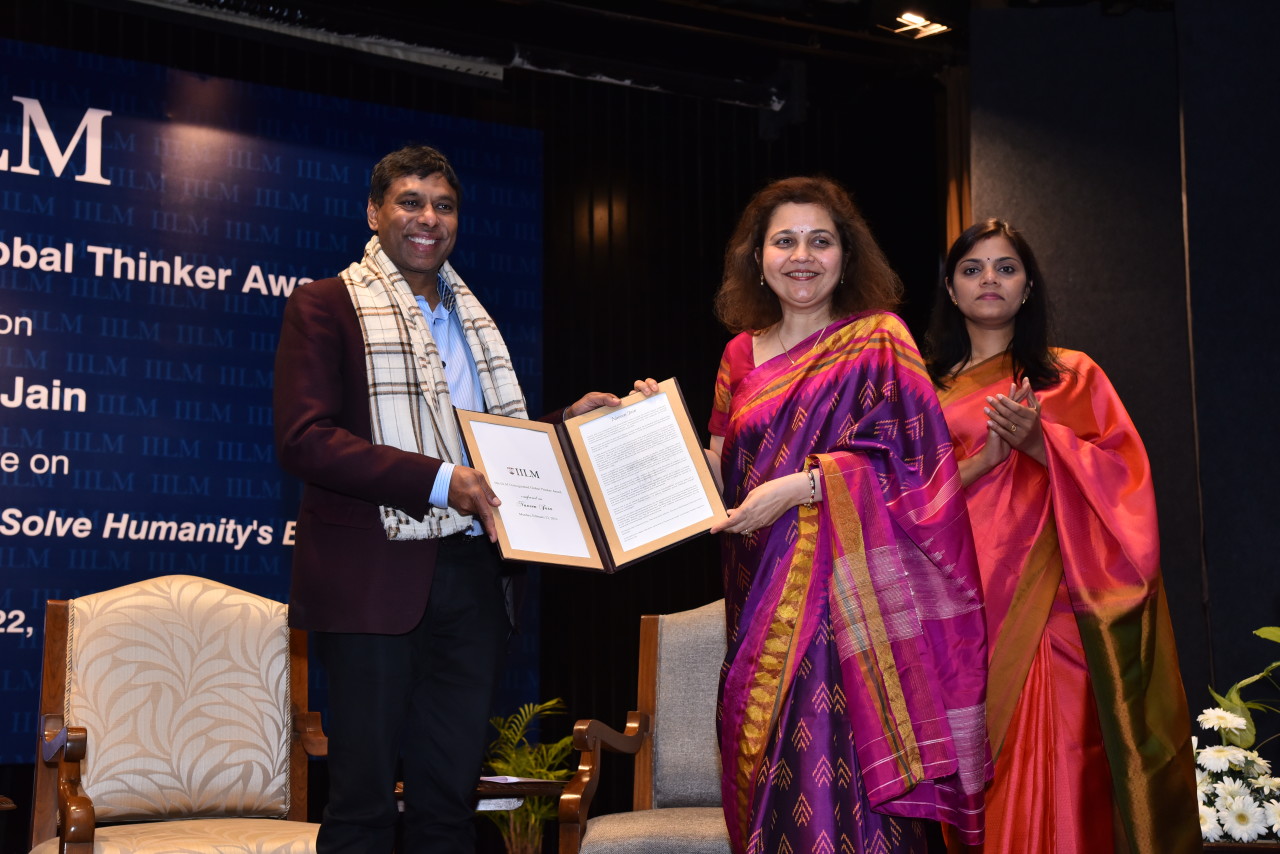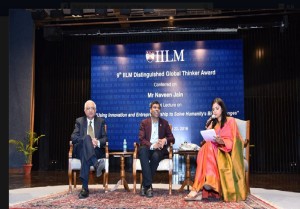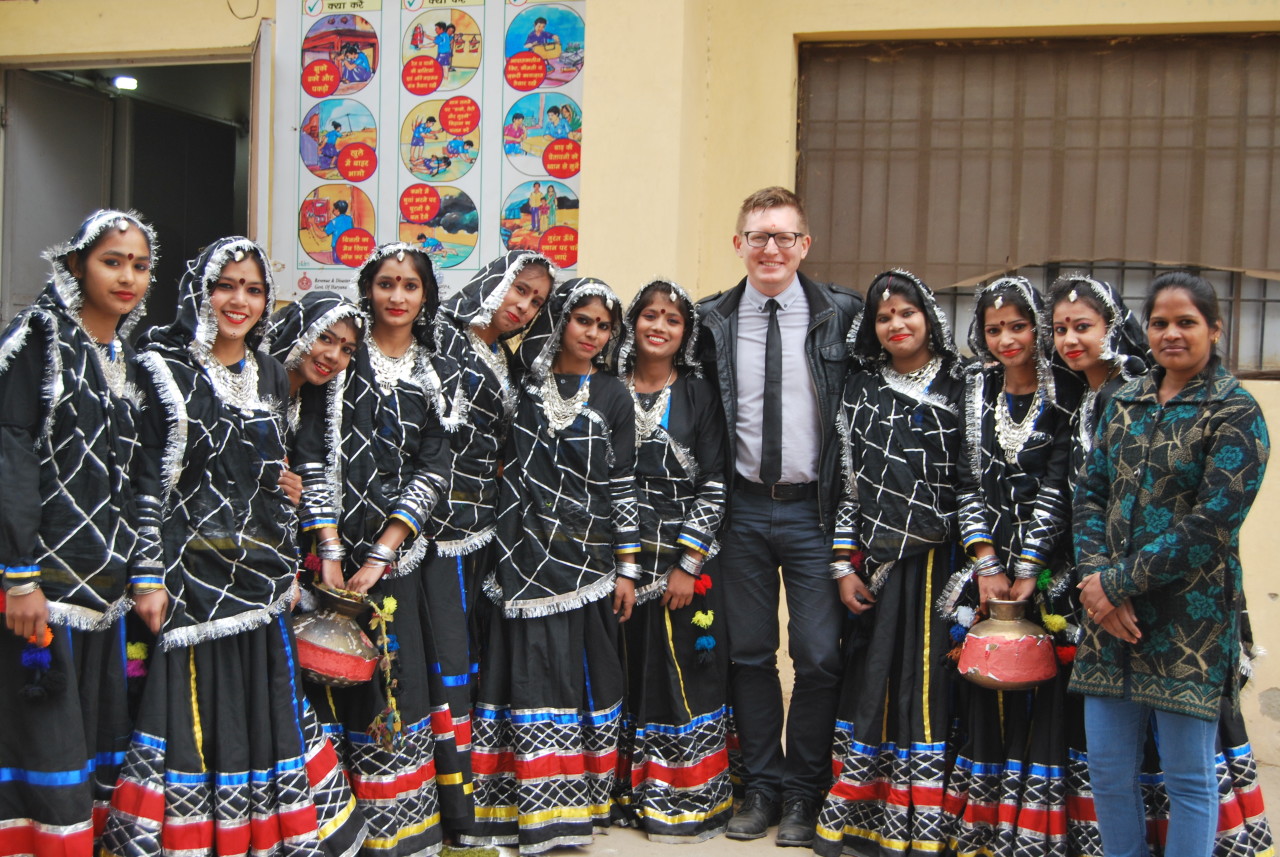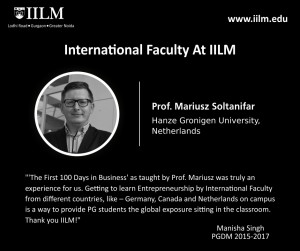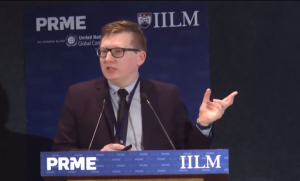At the outset, one must congratulate Chief Economic Advisor Mr. Arvind Subramanian and his team for writing a brilliant Economic Survey 2016. This is possibly the best document for anyone who wants study problems and challenges affecting Indian Economy. I strongly recommend students of management, economics and public policy to download and read the document. Reading this document, you will know more about economy and public policy in Indian context than from any other source..
I pick up three topics in this survey which are of importance to managers and companies . The first one is the problem of Twin Balance Sheet. The twin balance sheet is affecting private investment and also increasing the cost of capital..
To quote Economic Survey on this critical problem “One of the most critical short-term challenges confronting the Indian economy is the twin balance sheet (TBS) problem—the impaired financial positions of the Public Sector Banks (PSBs) and some large corporate houses—what we have hitherto characterized as the ‘Balance Sheet Syndrome with Indian characteristics’. By now, it is clear that the TBS problem is the major impediment to private investment, and thereby to a full-fledged economic recovery. The problems in the banking system have been growing for some time. Stressed assets (nonperforming loans plus restructured assets) have been rising ever since 2010, impinging on capital positions, even as the strictures of Basel III loom ever closer on the horizon. Banks have responded by limiting the flow of credit to the real economy so as to conserve capital, while investors have responded by pushing down bank valuations, especially over the past year. The shares of many banks now trade well below their book value. This balance sheet vulnerability is in some ways a mirror and derivative of similar frailties in the corporate sector, especially the large business houses that borrowed heavily during the boom years to invest in infrastructure and commodity-related businesses, such as steel. Corporate profits are low while debts are rising, forcing firms to cut investment to preserve cash flow.
Despite efforts from the government, the private investment is not taking off and which is going to impact creation of quality jobs on big scale. The over capacity and lack of demand for companies products weakened the financial health of companies which in turn created higher NPA for Public sector banks, leading to weaknesses in banking system.This is huge issue. The government has tried in a limited way to recapitalize the Public sector banks and also create more demand in the economy so that the financial health of companies start improving.
The second issue which Mr. Subramanian has flagged is “ The chakarvyuh challenge of Indian economy “ from socialism of restricted entry to “marketism “ with restricted exist The chapter refers to license –quota Raj which restricted industrial development and no before 1980s and now the restrictions imposed on the firms from closing down even if they cease to add value in the economy. This restriction is underutilization of limited economic resources.
To quote the Economic survey “The Charkravyuha legend from the Mahabharata describes the ability to enter but not exit, with seriously adverse consequences. It is a metaphor for the workings of the Indian economy in the 21st century, the legacy of several decades of economic policy making. A market economy requires unrestricted entry of new firms, new ideas, and new technologies so that the forces of competition can guide capital and labour resources to their most productive and dynamic uses. But it also requires exit so that resources are forced or enticed away from inefficient and unsustainable uses. Joseph Schumpeter recognized the vital role of exit, via “the gale of creative destruction,” in the efficient workings of a market economy “process of industrial mutation that incessantly revolutionizes the economic structure from within, incessantly destroying the old one, incessantly creating a new one.”
The chapter goes in lot of details of the economic and political costs involved of not allowing firms to close down quickly and DRT taking over the assets and selling it off to recover whatever value that is left in that for future fresh investment. As the pace of technological and economic change is going to be very high, not allowing firms to quickly exit will have huge cost for job creation. There are bills like bankruptcy bills and others pending in the parliament, once they go through, that will be easier for firms to set up and also exit if they don’t create any value on the capital.. But flagging this issue in the economic survey makes it important reading for public policy and managerial perspective
The third important issue which The Survey has raised is “Industrial, corporate and infrastructural performance “. The chapter sums up the initiatives taken by the government to improve performance of companies and institutions performing in industrial sector.The government has launched several programmes/initiatives such as ease of doing business, Make in India, Invest India, and e-biz Mission Mode Project under the National e-Governance Plan. Further, the Government of India is also building a pentagon of corridors across the country to boost manufacturing and to project India as a global manufacturing destination. The National Investment and Infrastructure Fund (NIIF) have been approved to extend equity support to infrastructure Non-Bank Financial Companies (NBFC). Issue of tax-free infrastructure bonds has been allowed for rail, roads and irrigation programmes. The Ministry of Environment, Forest and Climate Change has completed the process for online submission and clearance of applications for environment, coastal regulation zone and forest clearances. The system for coal block auctions has been streamlined so that these are now granted in a transparent framework. In order to improve the financial viability of the State Electricity Distribution Companies, a comprehensive financial restructuring of these bodies has been taken up through the Ujwal DISCOM Assurance Yojana (UDAY) programme. The scheme envisages reduction of interest burden and cost of power and AT&C (Aggregate Technical and Commercial) losses incurred by discoms that have entered into tripartite agreements with the Government of India and the respective state governments..
With these initiatives, Indian industry has been given a boost leading to an improved business environment and larger FDI inflows and these have also improved India’s global outlook. In the World Bank’s Ease of Doing Business report 2016, India’s position has improved to 130 in 2016 from 142 in 2015.
The economic survey 2016 is one document which gives both micro and macro picture. It provides an insight into government’s take on different issues. Some of the issues flagged in the survey have been taken up the finance minister Arun Jaitley in his budget speech. This is brilliant document to know cutting edge analysis of all aspects on Indian economy. The document also refers to academic writing to give an intellectual base for economic analysis for deeper understanding of issues.
